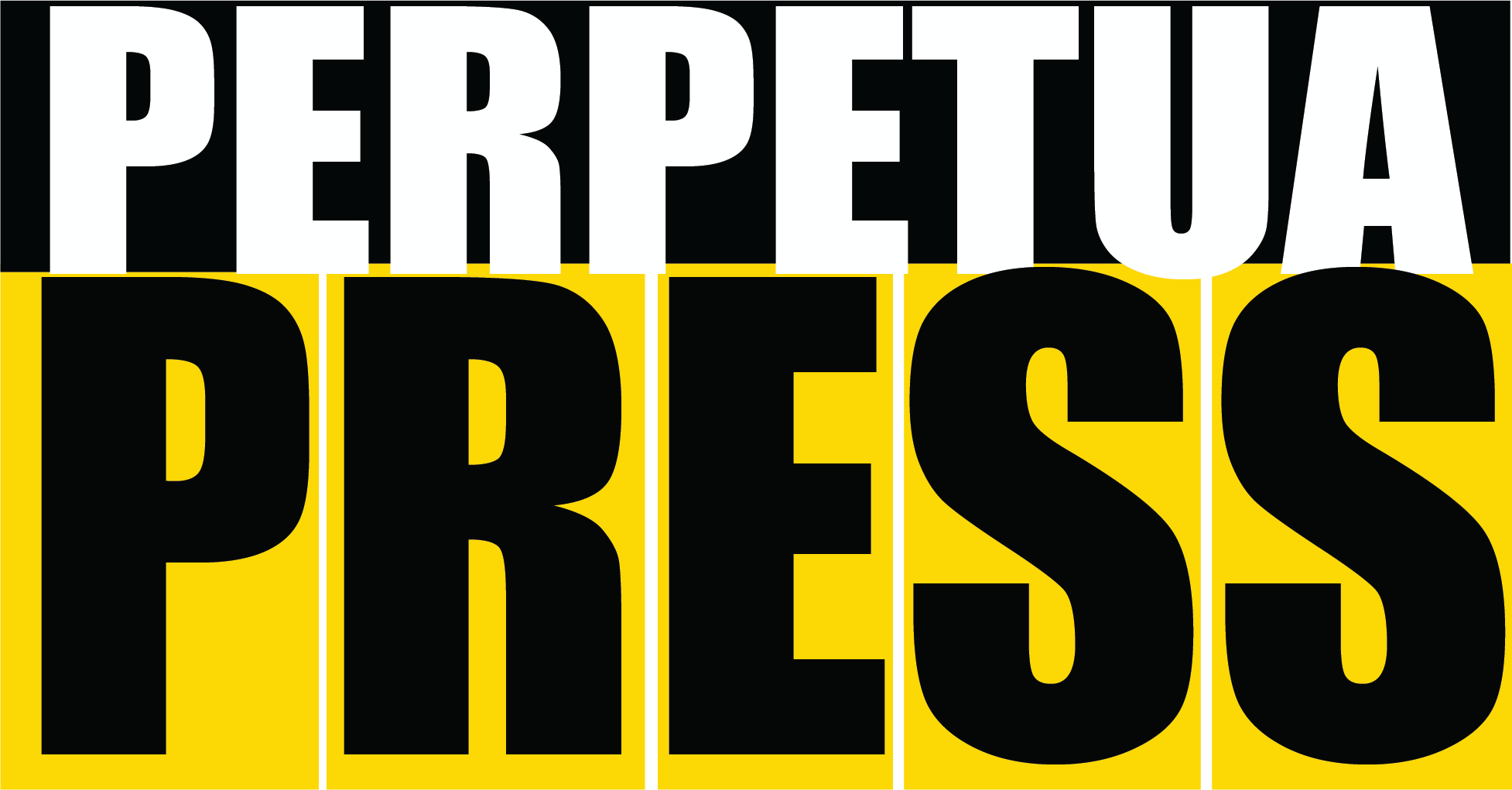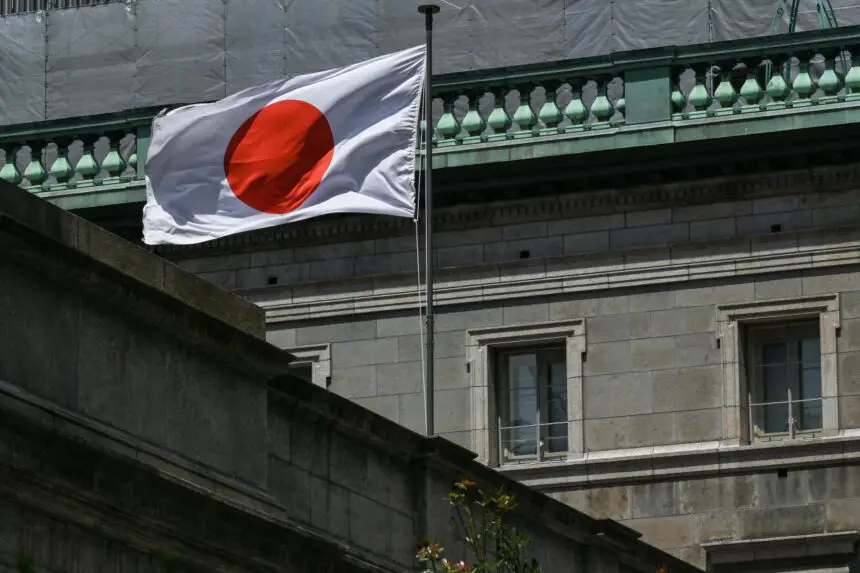Bank of Japan Policy Tightening Hinges on U.S. Trade Progress, Says Board Member
The Bank of Japan should be ready to resume policy tightening if U.S. trade talks progress, policy board member Hajime Takata said, confirming that the bank is still looking to raise interest rates.
“I believe that the bank is currently only pausing its policy interest rate hike cycle and should continue to make a gear shift after a certain period of ‘wait-and-see,’” Takata said in a speech to business leaders in Mie prefecture, central Japan.
“Given that uncertainties regarding various U.S. policies remain high, I believe that the bank is required to conduct monetary policy in a more flexible manner without being too pessimistic,” he said on Thursday.
Bank of Japan’s Stance on Rate Hikes
Economists are split on when the central bank will raise rates next. Some think the BOJ could act in the autumn once there’s more clarity on trade negotiations. Others say it won’t hike at all this year.
Amid tariff uncertainty, the BOJ has maintained interest rates unchanged at 0.5% since its last increase in January. The bank is scheduled to hold its next meeting on July 30-31.
Many economists expect the BOJ to stand pat again this month because Japan hasn’t been able to reach a trade deal with the U.S.
Influence of U.S. Trade Negotiations
President Trump has recently stepped up pressure on Japan, complaining that it isn’t buying enough American cars and rice.
Japan has said there are some areas where the two countries’ understandings don’t align. Prime Minister Shigeru Ishiba said Wednesday that Japan is willing to cooperate with the U.S. to balance trade between the two countries, but will only buy American products that meet its national interests and standards.
With higher tariffs expected to cause a deceleration in the U.S. economy, the BOJ must be careful about the risk that a divergence in monetary policy could cause volatility in financial markets, particularly for foreign-exchange rates, Takata said.
Historical trends show the BOJ has typically followed the U.S. in implementing rate cuts, he added.
“If the Federal Reserve resumes its rate cuts, that may reduce the flexibility of the bank’s [BOJ] monetary policy,” Takata said.
Assessing Economic Prospects
U.S. Economic Outlook
Still, a serious recession in the U.S. is unlikely, the BOJ board member said. Trump’s economic policies have up and downsides, he said, with some measures like tax cuts and deregulation having the potential to boost economic growth.
Japan’s Domestic Conditions and Inflation Target
Looking at Japan’s economic conditions, Takata highlighted that the BOJ’s inflation target is close to being achieved. The bank should keep adjusting the degree of monetary accommodation if positive corporate behavior, including pay raises, is confirmed, he said.
The BOJ’s quarterly tankan corporate survey earlier this week showed that sentiment among large manufacturers improved in the second quarter, despite concerns over the impact of higher U.S. tariffs.
“I would like to closely monitor whether the momentum toward achieving the price stability target, which has finally started to operate, will not be dampened by U.S. tariff policy,” Takata said.







